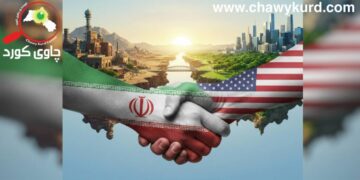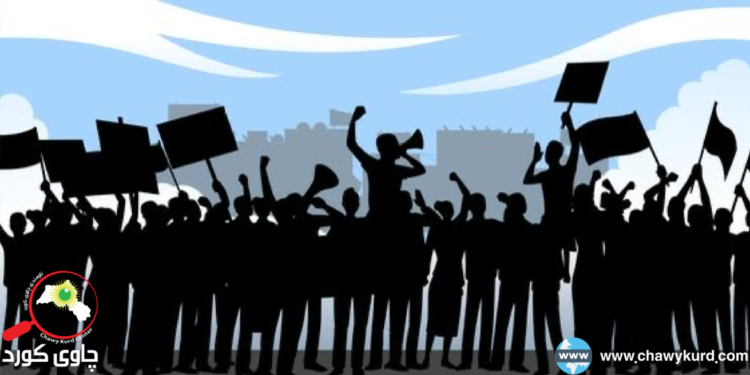From whatever angle we look at it, man has not lived on earth without belief and ideas. Belief and the creation of a worldview have been a priority and a necessity for even the most primitive and nomadic human beings. In this sense, belief does not imply good or evil, but rather refers to the existence of a worldview and ideas about the world and the interpretation of its phenomena and events by man (from ancient times to the present). Belief as an Islamic term has been limited to the framework of belief in Sharia and the basic principles of the Islamic religion, and this is not the kind of belief I mean, but rather any kind of phenomenological encounter of man, in his most raw and pristine state to the highest and most multidimensional, with the world and its manifestations and (theophany).
In this sense, the only faithless human is a dead human. The position and place of religion in human life can be defined; its sanctities should be sacred to its believers, and that faith should be respected in the public and cultural sphere like any other form of belief. However, a human is not merely reduced to their religious desires or beliefs; humanity is a multi-dimensional, complex, and unstable existential realm. Religion has claimed that this existence (often referred to as ‘instinct’ by religions) is soothed and calmed by its doctrines and teachings. Through a secure, vast, and serene path, which involves some conflict and struggle with inner desires, it leads one to a ‘worthy death’ whose destination is paradise, houris, sex, and wine. Undoubtedly, this Salafist and extremist perspective does not produce a calm and stable human being. This is because, for this type of religious interpretation, the entire world and all of existence must come under the dominion of its desires, banner, ethics, and values. If they do not, war becomes a moral issue. As stated, religion in its general sense has been one of the forms and manifestations of human existence. It has appeared in various forms and shades throughout different historical stages—from polytheistic myths to fetishism and monotheistic religions—according to the historical needs and the regressions or advancements of societies. Humanity has a rich spiritual experience in this regard.
After the monotheistic religions, and above all Islam, drew a thick and harsh line between itself, its content, and its message, and all other religions of the world (even including Abrahamic religions like Christianity and Judaism), the old religions became known in Islamic theological terminology as superstition, idolatry, and polytheism (shirk). The religion of Islam introduced itself as the one true religion, the truth of all religions for all ages, and the narrator of all truths that had been distorted and corrupted in the Talmud, the Babylonian texts, and the Old and New Testaments.
This new manifesto of the religion of Islam initiated the declaration of an eternal war to Islamize the entire world, the cosmos, and all natural, historical, and cultural phenomena. Although in the modern era we observe Ikhwani (Muslim Brotherhood) Islam employing new plans, forms, and strategies for its expansion, this does not signify a retreat by this form of Islam—what is termed political Islam—from its primordial and eternal principles. Instead, what is happening is the adoption of a new mask, allowing it to easily and without scrutiny or suspicion penetrate all new spheres of modern discourse produced by the West, in order to impose Islam upon them. The interesting point is that this very Ikhwani methodology, which it pursues secretively and clandestinely for its plans in the world and the region, reveals itself without any mask or makeup in the form of Salafi Islam. In other words, by understanding these two Islamic approaches to modernism, we can easily discern the shared spirit of political Islam between the Ikhwan (Muslim Brotherhood) and Salafism.
Both of these movements are considered forms of political Islam because they react to events selectively and politically. For instance, we never hear Salafi or Muslim Brotherhood clerics advocating for Muslims oppressed by the political regime in Iran or showing solidarity with their ethnic and religious kin in Eastern Kurdistan (Rojhelat). This is because they are fundamentally opposed to modernism and the spirit of change embodied by movements like “Woman, Life, and Freedom.” Furthermore, due to their ideological networks, these groups can easily be instrumentalized by countries such as Qatar, Turkey, or Saudi Arabia to be used against other nations according to their own defined interests.





























































